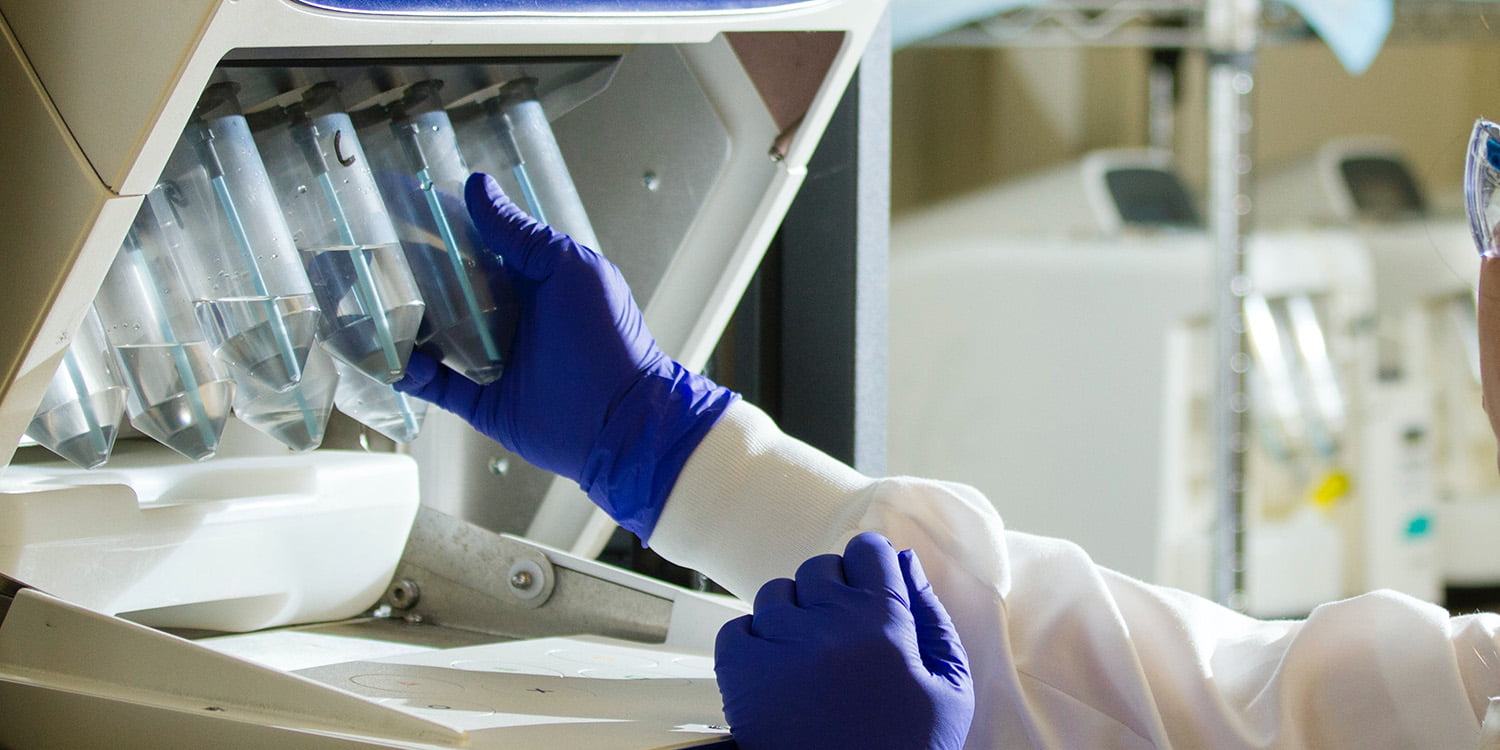
Everyone who has ever worked in a lab knows that nitrile gloves are a staple part of the job. You can’t expect to work safely or effectively without them. However, not everyone understands why using nitrile is so essential. What are these gloves for, and what do they do? Working in a lab means you’ll always have chemicals and other dangerous substances around. You need to take precautions to keep your hands safe and avoid any infection by handling them properly and keeping yourself safe from chemical burns or splashes. Here are six reasons why you should use nitrile gloves in the laboratory:
They’re thin, flexible, and easy to handle equipment with.
Nitrile gloves are thin and flexible, so you can still use delicate equipment and handle items without too much struggle. The fact that they’re thin also means that you can work with delicate items without having to worry about the gloves being too thick or clumsy to handle them. Nitrile gloves are also easy to put on (don) and remove (doff), making them great for laboratory work where you frequently need to don and doff gloves. Nitrile gloves come in various sizes, so it’s easy to find gloves that fit you properly. It is essential to pick the proper size if you have small hands or short fingers and often find that gloves don’t fit you well.
They have the highest level of protection from chemicals.
Nitrile gloves offer one of the highest levels of protection of any lab glove. They’re chemically resistant and can protect you from acids, bases, and organic solvents. When working with hazardous chemicals, gloves are essential to protect your hands. Some chemicals can cause skin irritation, burns, or even chemical-splash-induced allergic reactions. Nitrile gloves can help prevent all these by keeping your hands safe from the chemicals around you.
They are effective for handling equipment and conducting experiments.
Beyond just handling dangerous chemicals, nitrile gloves are also great for handling delicate laboratory equipment without breaking it or damaging it. Its textured fingertips make it easy to hold delicate items without slipping out of your hands. You can also use your gloves to put delicate items into storage or transport them. This is especially important if you’re working with broken glass or other sharp pieces that could cut your hands. You can also use your gloves while conducting experiments. While they’re not recommended for all types of experiments, they can be helpful when you need to handle liquids or solids that could get on your hands and contaminate them. They can also come in handy if you’re dealing with something messy, like dirt or sand, that could get on your hands.
They help keep your hands from being burned by hot liquids or solids.
Nitrile gloves are heat resistant and protect your hands from being burned by hot liquids or solids. This is especially important when handling substances like strong acids or bases, which can easily cause chemical burns. It’s also helpful to pick hot liquids or solids since they can quickly burn your hands. If you drop something hot while wearing gloves, they can protect you from a nasty burn.
They’re easy to find, affordable, and come in wide varieties.
Nitrile gloves are easy to find. You can find them in any laboratory supply store like In Vitro A/S, online, or in some supermarkets or hardware stores. They’re also affordable, so you don’t have to worry about breaking the bank buying gloves for your lab work. There are wide varieties of nitrile gloves, including textured gloves for handling rough materials, thick gloves for extra protection, and disposable gloves for easy cleanup. Some gloves even come insulated, which can be helpful when you’re working in different climates.
They’re non-latex, so you don’t need to worry about latex allergies.
Nitrile gloves are non-latex, which is vital for people allergic to latex. While latex gloves are helpful for many things, they can be dangerous for people with a latex allergy. If you’re allergic to latex and wear it, you could experience an allergic reaction, which can be dangerous. Nitrile gloves are a good alternative for people who don’t want to risk a reaction. They’re also suitable for people who have sensitive skin. Some nitrile gloves are low-modulus and accelerator-free, making them softer and more suitable for people with ultra-sensitive skin.
Final words: Wrapping up
Finally, it’s important to note that nitrile gloves should be disposed of after use. They can’t be reused, so it’s essential to always have a fresh pair on hand. Using gloves correctly can help keep your hands safe while working in the laboratory. While they might seem like a small thing in the big picture, they make a significant difference.
